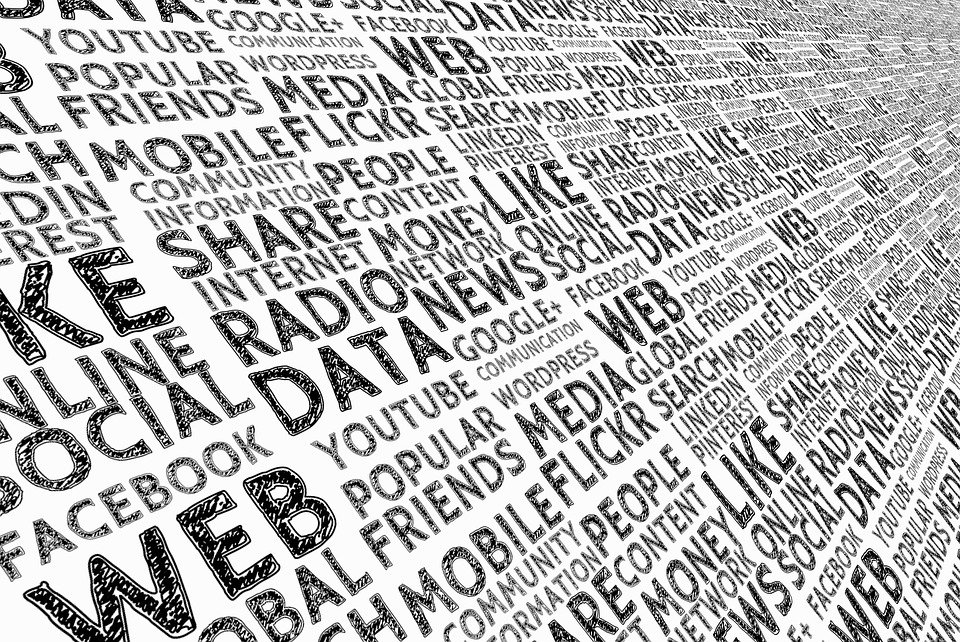
People used to worry that online games and slots would dominate our lives and stop our productivity. However, it is fair to say that social media is having a much more invasive impact on our daily lives and has become the focus for research by psychologists. To give you an idea of the exponential growth of social media use, let’s use the US as an example. In 2005 only 5% of the population used social media. In 2020, this number now hovers around 70%. It is not just the growth of numbers of people that is concerning but also the amount of time spent on these sites. Policymakers, parents, teachers and medical practitioners are starting to voice real concerns over the impact on young people’s psychology specifically.
Research into this area is obviously still relatively new. However, there is increasing evidence to suggest that social media is having the following significant impacts on our lives.
How our relationships are impacted
There is a phenomenon reported known as social displacement. The thought here is that time spent online is dominating over face-to-face contact with other human beings. Concern over this phenomena emerged with the invention of the telephone, as technology sought to keep us separate from our friends and family. Research suggests that when we abstain from social media we are more likely to spend quality time socialising with our social ties.
So what? Well, the replacement of social interaction means we lose sight of the importance of meaningful contact with another. Communication at a distance cannot replace this connection, which helps us from being lonely.
The effect on our teenagers
Researchers have been most concerned by the connection between social media and teenager’s mental wellbeing. Young people are spending less and less time with other people and instead are filtering their social life through the internet. A lot of young people report feeling lonely.
However, more than this is the impact of expectations created by the life we reveal on social media. While in the past advertising was blamed for creating an aspirational life that depressed us, we are now doing it to each other.
Keeping teenagers away from social media does not necessarily help, as they are then disconnected from the means by which their friends communicate. Equally, fear of parents, the worry that being out of the house and grouping with other young people, restricts the teenagers’ chances to make another choice than social media.
81% of teenagers use social media. While this offers some opportunities for learning about the wider world, it is also a threat to socialisation. Let’s not be too negative though - remember that social media is an essential outlet for creativity.
The risks of expanding social media
But let’s also get real. Expanding social media is full of risk. Cyberbullying is ever expanding, with 13% of teens reporting incidents at least once. It is also a portal through which young people can be exposed to extreme thinking, violent images and pornography. More than two thirds of teens say they have often comes across sexist, homophobic or religious-hate content. While the chance of being radicalised might seem far-fetched, schools are briefed to look out for the impact of extremist material on our young people.
What is more realistic to believe is that social media shapes a teen’s sense of identity and impacts on their cognitive development. Psychologists are concerned that at the core of these issues is teenager sexuality and intimacy. While teens talk frequently about sex in chat rooms, at a distance, in blogs and longer social media posts they are concerned about self-presentation and identity. It is so important to develop a coherent identity as you grow through your teens and it is possible that social media may be disrupting this.
So many more questions
As social media is a relatively new phenomena there are obviously more questions that there are answers. Studies are exploring questions like: does having a wide network of contacts lead to more superficial interactions and hinder intimacy? Another one - Is the support for dealing with issues that crop up online sufficient for your minds?
While we can make assumptions about these questions, these are probably laced with our bias - whether conscious or unconscious. If you are a teenager born into this virtual world as a tech native, then the concerns might feel overblown. If you are older and you liked the way things used to be - then you could see problems everywhere.
Consequently, although the tone of this article feels negative, the true answer to any questions over impact is “don’t know”. There is much need for more research.
